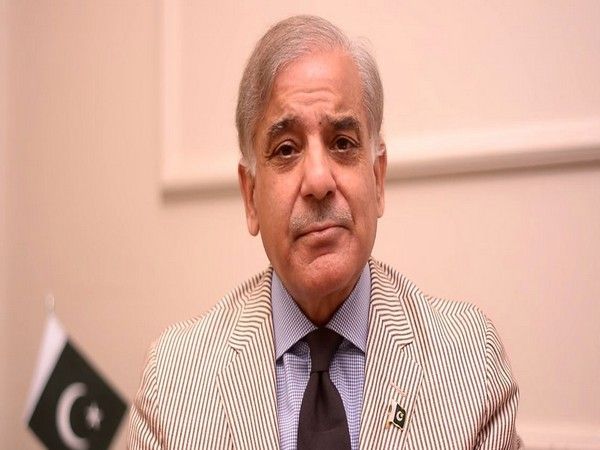In the latest order, Pakistan Prime Minister Shehbaz Sharif has ordered the country’s premier spy agency, Inter-Services Intelligence (ISI), to screen civil servants before their appointments, postings and promotions, Dawn reported.
This decision comes as the country is deep into political instability and has corruption at stumping levels.
A senior official from the Establishment Division told Dawn on the condition of anonymity that both the ISI and the Intelligence Bureau (IB) send their reports about civil servants before the latter are posted on important assignments.
Reports are especially sent to the Central Selection Board (CSB) at the time of promotion of bureaucrats. The practice has continued even though superior courts had, in a few cases in the past, discarded such intelligence reports while noting that there was no legal provision in the Civil Servants Act that mandated agency screening of civil servants.
The government, in doing so, has given legal cover to a practice that had already been in place but had not been formalised as a part of the protocol.
However, a former Establishment Division secretary disagreed.
He noted that though the Prime Minister has the power to amend or make rules for the bureaucracy, it would have been more secure if the Establishment Division would have issued a Statutory Regulatory Order (SRO) to amend the Appointments, Promotions and Transfer (APT) Rules governing the civil bureaucracy if it wanted to give the ISI formal charge of the vetting process.
“Unless the rules are amended, a mere notification will not legitimise the agency’s report and it cannot be used as a valid document during judicial scrutiny,” he said.
According to the official, notwithstanding the notification, the IB will continue to send its reports as per routine. The official said that since the government has now given legal effect to reports issued by the ISI, these could henceforth be used in courts as valid legal documents.
The official also said they did not believe that vetting by the ISI is required in the initial appointment of civil servants through the Federal Public Service Commission (FPSC), adding that the agency may instead be asked to screen those officers inducted from the armed forces into the civil bureaucracy, reported Dawn, citing sources.
Pakistan slipped three spots to rank 120 out of 180 countries in the global Corruption Perceptions Index (CPI) 2019 released by Transparency International.
The country was assigned a score of 32 on a scale of zero to 100 — with zero being highly corrupt — which is 11 points lower than the global average of 43.
This year’s Corruption Perceptions Index (CPI) shows corruption is more pervasive in countries where big money can flow freely into electoral campaigns and where governments listen only to the voices of wealthy or well-connected individuals.

